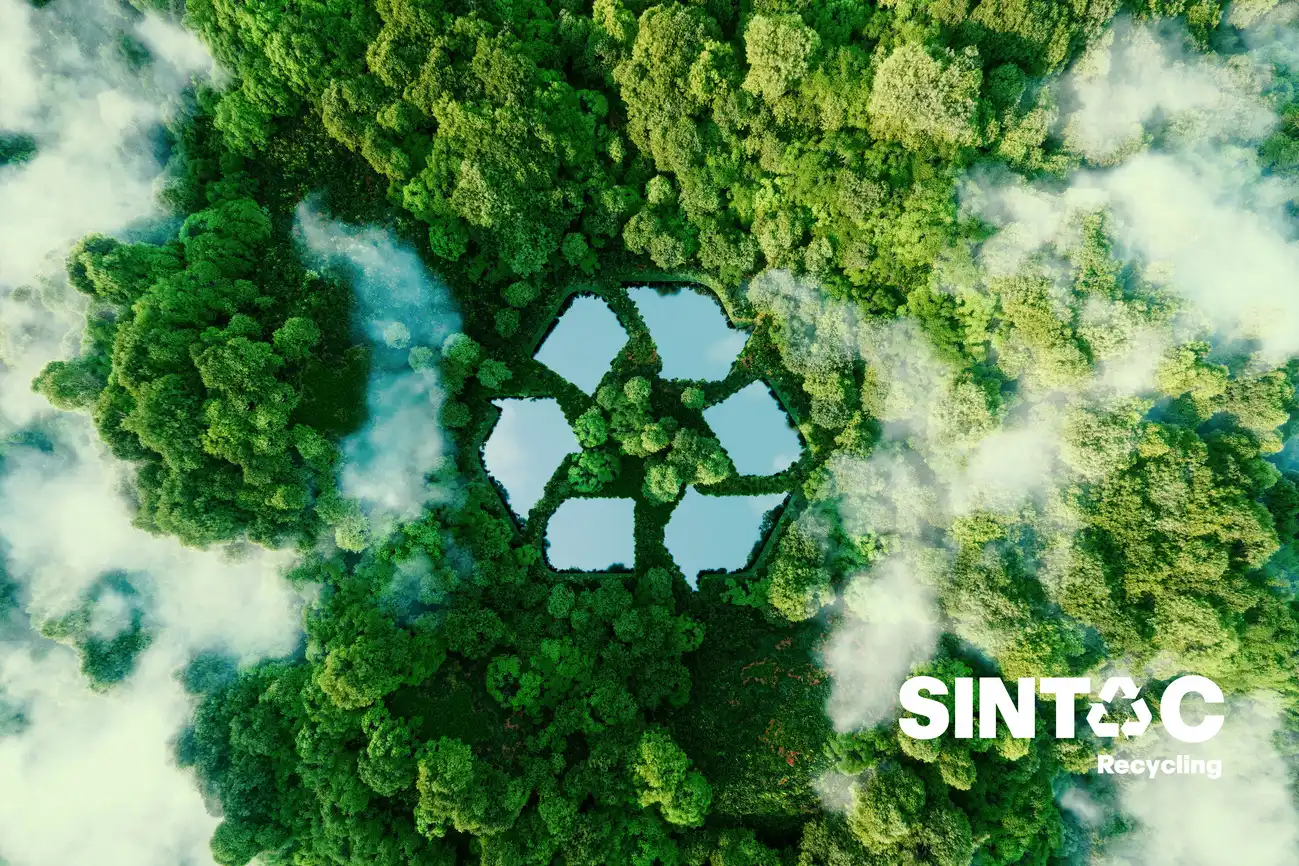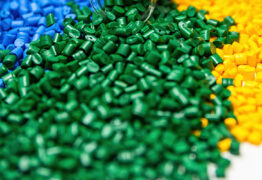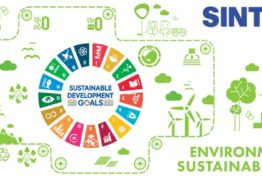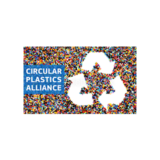Benefits of recycling: why is it important?
Today, sustainability has become one of the main concerns of 21st century society. More and more people are trying to reduce their environmental impact and promote sustainable development. In this sense, recycling has become a key tool to help society achieve its sustainability goals and protect the environment. In this article we tell you everything you need to know about recycling and how it can help meet sustainable development goals.
Benefits of recycling
Until recently, society has lived in a linear economy, which involved the unjustified and excessive consumption of raw materials to manufacture, use and dispose of products. Basically, it consisted of using resources, consuming energy and polluting. With the push for recycling, the linear economy evolved into a circular economy, based on the basic principle of reduce, reuse, repair and recycle. This alternative economy favors the generation of sustainable goods and services, reducing consumption, time, energy sources and waste.
Recycling has numerous benefits that can be summarized into three main groups: environmental, social and economic.
In terms of environmental benefits, recycling reduces the generation of waste destined for incinerators and landfills, minimizes greenhouse gases by reducing the use of new raw materials, thus avoiding pollution, and conserves natural resources such as wood, water and minerals.
With regard to social benefits, it is important to highlight the fact that the recycling sector not only creates jobs in the recycling and manufacturing industries, but also conserves valuable resources in Spain for future generations.
Economic benefits, on the other hand, include increased economic security by tapping into a domestic source of materials, as well as energy savings.
Although the recycling process often varies by product and location, in essence there are three fundamental stages: recovery, transformation and manufacturing into a new product.
- Recovery: Recyclable materials generated by consumers or businesses are subsequently collected by private haulers or government entities.
- Processing: The collector transports the materials to a processing facility, such as a material recovery facility or plastics processor. At the processing facility, the recyclable materials undergo sorting, cleaning of contaminants and preparation for transport to a shredding facility or directly to a manufacturing facility. Depending on the raw materials, some may require further processing for additional sorting and decontamination.
- Manufacturing: Once all necessary processing is complete, recyclable materials are converted into new products at recycling plants or other facilities, such as plastics or bottle factories.

Why is recycling important?
There is no doubt that the benefits of waste recycling are enormous in relation to the simple everyday action involved.
The public’s attitude towards recycling has gradually changed over the years as social awareness of the importance of environmental conservation has increased. This attitude reflects society’s greater commitment to protecting the planet. The importance of recycling has shown that individual actions have a collective impact on the environment. This growing awareness has led to changes in consumption patterns and greater responsibility in waste separation.
The impact of recycling on the environment
As mentioned above, one benefit of recycling is the reduction of landfill waste. Another is the reduction of energy consumption, because recycling items often consumes less energy than manufacturing products from virgin sources. In addition, recycling reduces pollution, as waste in landfills emits gases.
The importance of recycling plastics
Recycling plastics contributes not only to preserving natural resources, but also to reducing the volume of waste that is deposited in landfills and dumped in the oceans. Through this process, plastics can be given a second life, preventing them from ending up in unwanted places and causing damage to the environment. Therefore, it is as vital as it is necessary for the environment that plastic recycling constitutes a fundamental stage in the life cycle of the material, so that plastic waste is transformed into resources, thus achieving a circular economy of plastics.
At SINTAC we have been contributing to the achievement of a circular economy of plastics for more than three decades, through the recycling of plastics and the commercialization of 100% recyclable and recycled materials.













